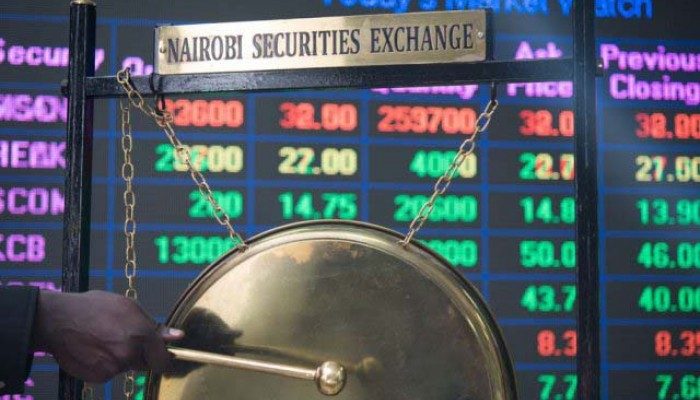Investors will be keenly watching the trading of shares at the Nairobi Securities Exchange (NSE) for any signals that opposition National Super Alliance’s (NASA) call on their supporters to boycott Safaricom’s
services has an impact on the company’s performance.
The telecoms operator’s shares closed last week unchanged at Sh25.25 having gained 31.2 per cent so far this year.
Safaricom, which is Kenya’s largest technology firm, accounts for 42.3 per cent of the NSE capitalisation and is the most liquid counter at the bourse – where foreign investors are most active.
NASA on Friday called on Kenyans to boycott Safaricom for its alleged role in aiding the rigging of the August 8 and October 26 presidential elections.
NASA presidential candidate Raila Odinga successfully contested President Uhuru Kenyatta’s win in the August 8 poll and boycotted the fresh election that the Supreme Court ordered, insisting it would not be “free and fair”.
The opposition alliance has accused Safaricom, which was contracted by the Independent Electoral and Boundaries Commission (IEBC) to help with results transmission, of messing up the assignment and aiding the cover-up in the period that followed.
More than 90 per cent of Safaricom’s 582,775 shareholders are retailers – holding less than a million shares each, according to the financial statement for the year ended March 2017.
Safaricom last Friday reported a 9.5 per cent growth in profit after tax to Sh26.2 billion for the first half of its current financial year. It attributed the outcome to strong growth in M-Pesa and data revenue despite the stagnation in voice calls and text messaging revenue.
Analysts expect the uniqueness of Safaricom’s mobile banking platform M-Pesa and its fast data service to shield it from the NASA onslaught.
With over 19 million of its 28 million subscribers actively using M-Pesa, the platform transacts over Sh15 billion per day. That translates to more than 40 per cent of Kenya’s GDP passing through the company’s mobile money service annually.
M-Pesa accounts for 80 per cent of Kenya’s 28 million mobile money subscriptions, according to the Communications Authority of Kenya (CA).
Aly-Khan Satchu, an independent analyst and CEO of Rich Management, said Safaricom had become “a need” for Kenyans and it would be hard for millions of consumers to stop using its products given the lack of better alternatives.
“It’s another cul-de-sac. Safaricom is ubiquitous. To boycott Safaricom you are basically forcing yourself to switch your personal lights off,” Mr Satchu said.
It is still early to know how the shares will react, but chatter on social media platforms indicated that some NASA supporters had heeded the call and were planning to move their cell phone numbers to rival operators Airtel and Orange. NASA got nearly half of the 15 million votes cast in August election that was annulled by the Supreme Court.
If the threat materialises into a real reduction in Safaricom’s subscriber numbers, then foreign investors will have to take note as that would mean a lower profit margin for the telecoms giant.
Some analysts, however, remained positive that dumping Safaricom’s products such as M-Pesa and its 4-G data network will be a big sacrifice for many consumers to make.
“I don’t think NASA supporters will be able to walk away from that easily,” said Willis Nalwenge, a research analyst at Sterling Capital, adding that most of those trading in Safaricom’s shares were largely foreign and institutional investors who are unlikely to heed NASA’s call.
Large investors control over 95 per cent of the company’s issued shares, according to its annual financial report.
Foreign investors accounted for 83.1 per cent of Safaricom’s turnover in October as they rushed back into the market to take position on discounted counters hurt by a prolonged political environment, data from the NSE showed.
Compiled by Collins Gathogo.

